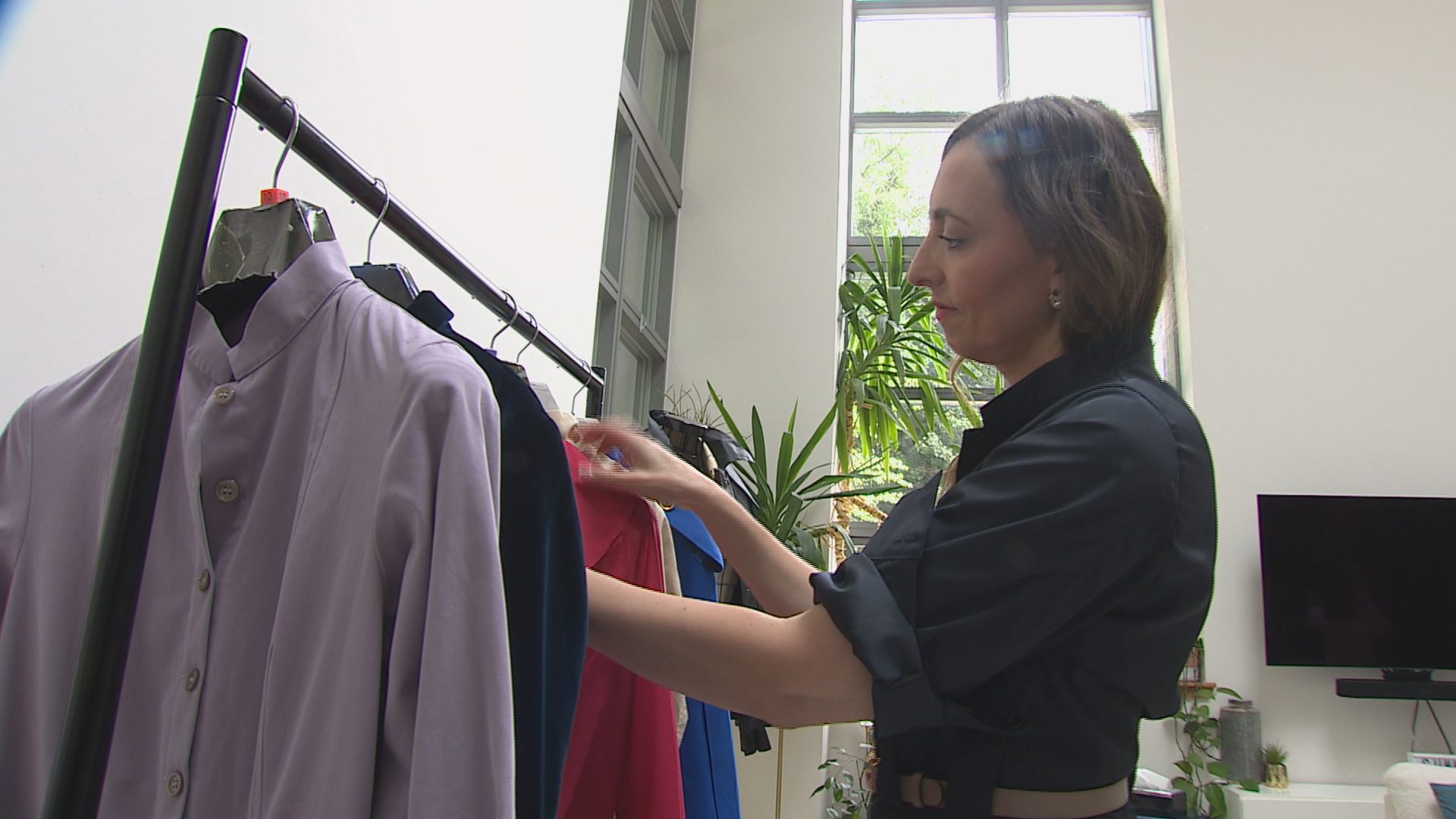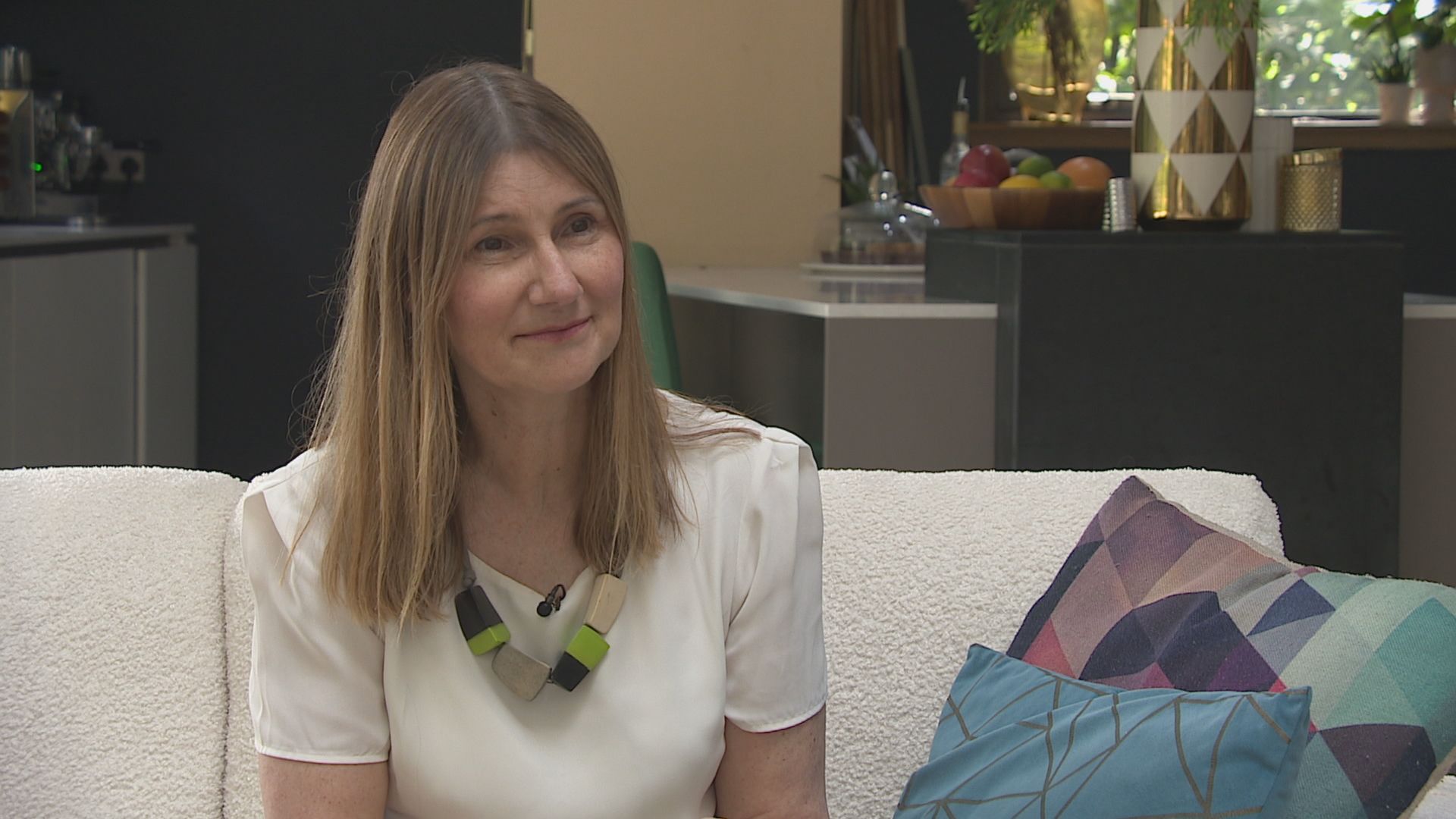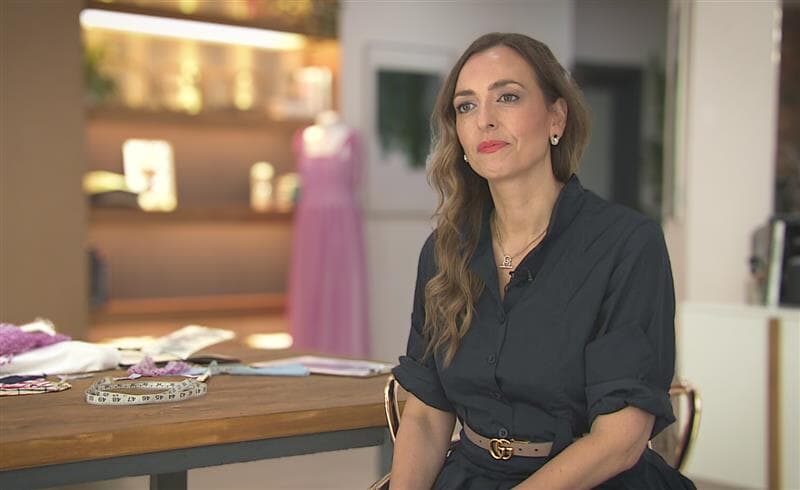A “perfect storm” is stalling the growth of women-led businesses in Scotland as new research shows most fail to grow beyond the start-up stage – sparking urgent calls for targeted support.
Women’s Enterprise Scotland (WES) estimates that improving survival rates for women-led enterprises could unlock up to £17bn per year for the Scottish economy – more than half the annual contribution of the entire energy sector.
Yet despite this economic potential, new research reveals that the majority of women-led start-ups struggle to progress beyond their early years.
According to its survey, women now make up 54% of all start-ups in Scotland, but only 20% of employer businesses are led by women. The drop-out rate for new businesses after they start is currently 61%, showing that many don’t last long past their early stages.
‘We need female-centric support’
Dr Antoinette Douglas, co-founder of fashion label Beira in Edinburgh, said women face multiple challenges on a daily basis.
She launched her design business ten years ago and says she’s fought to keep it alive – having been forced to close her Stockbridge shop and moving fully online after the rent doubled and footfall dropped sharply.
“I spend 80-90% of my time on business admin, accounts and logistics, which is not what I want to do,” she said.
“I want to create beautiful products, but I’m dealing with administration, bureaucracy and fighting to get my fair share of the pie.
“It would have been so easy for me to give up – but I’m quite tenacious. I don’t give up easily.
“I’m really proud we’ve managed to keep going despite the obstacles.”
The survey illustrated the state-of-play for women in business across Scotland against a challenging economic backdrop.
The study found experiences of discrimination have doubled since 2016, with 68% of survey respondents reporting that they had experienced discrimination as a woman business owner.
 STV News
STV NewsKey structural challenges identified include funding inequalities, with women-led businesses receiving just 2.8% of equity investment; caring commitments, with 29% starting up to work around care responsibilities; support mis-match, with 58% saying mainstream support does not meet their needs, and a digital divide with just 15% being able to access relevant funding, despite 78% wanting digital investment.
Dr Douglas said more “female-centric” business support is needed.
“Many of the female entrepreneurs I know are hardworking and unbelievably resilient. We’ve not only got glass ceilings – we’ve got locked doors.
“Women have so many challenges. We have a higher emotional load, dealing with things beyond work – money, family, running the household – all this layered on top of running our business.”
She also claims she has faced “mansplaining” while trying to secure funding and support.
“I don’t think many men in my position are asked if they understand the difference between turnover and profit -it’s unbelievable,” she said.
“Fashion is viewed as a lifestyle cottage industry – people don’t believe in what you’re doing.
“That quite often comes from men, who are often in a position of power when you’re going to get capital. It becomes really difficult. That’s unfortunate.”
‘We’re watching talented women leave the market’
 STV News
STV NewsChiefs say the decline in Scotland is at odds with the increase in established women-led businesses in countries around the world.
Despite challenges, 62% of women business owners surveyed said they expect some level of turnover growth in the next 12 months.
Carolyn Currie, CEO of Women’s Enterprise Scotland is calling for urgent action to stop women-led businesses falling through the cracks.
“A perfect storm of economic conditions and structural inequalities is halting the progress of women-led businesses, despite their start-up successes.
“What we are seeing is an alarming number of new women-led businesses failing to thrive. They are simply falling into an abyss, leaving their economic potential and the ambitions of their founders unfulfilled.
“Many of the issues – and suggested actions that need to be taken – have been highlighted in research numerous times over the past 30 years.
“We can continue to watch talented women entrepreneurs leave the market, taking billions in economic potential with them, or we can implement the evidence-based solutions this study provides. The choice is clear – the community has spoken, and we need to listen. The time for action is now.”
The Scottish Government has been contacted for comment.
Follow STV News on WhatsApp
Scan the QR code on your mobile device for all the latest news from around the country



























